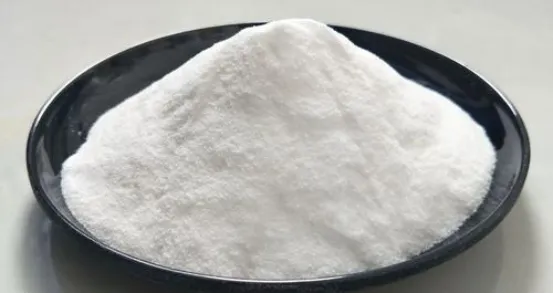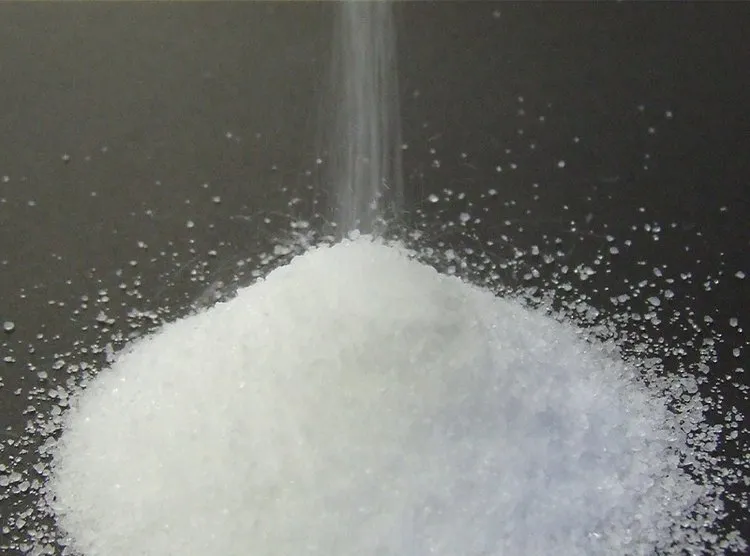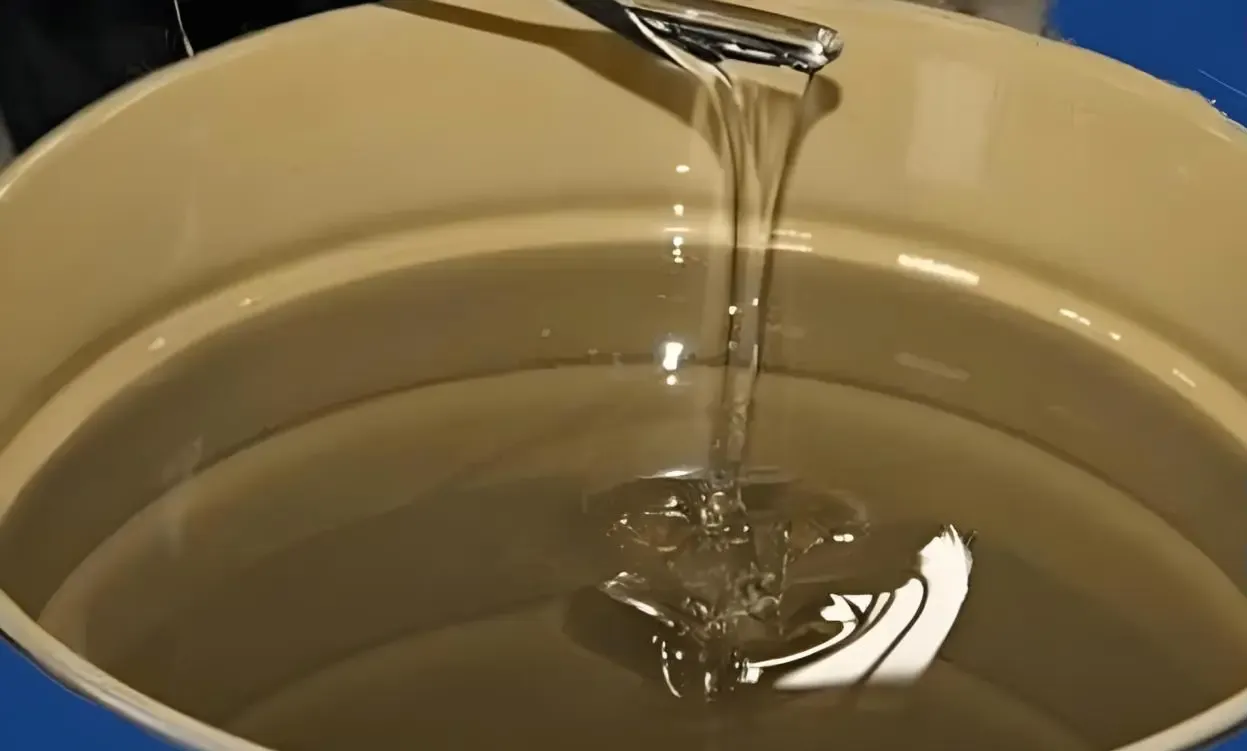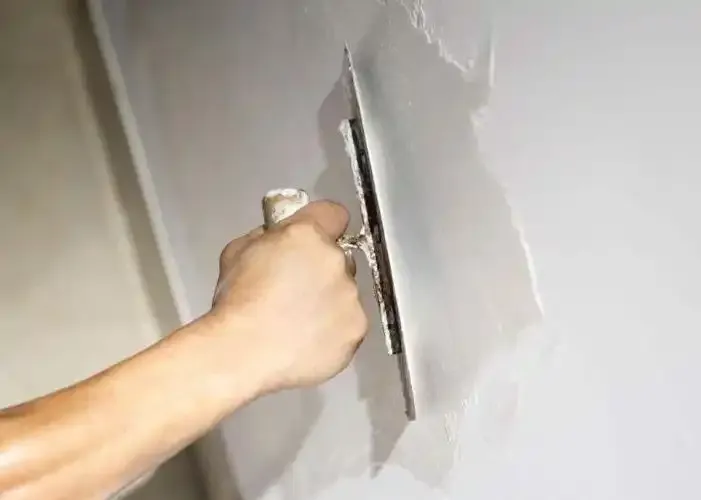
The Growing Role of PVA and PVOH in Construction and Industrial Applications
Polyvinyl alcohol (PVA), also referred to as PVOH (polyvinyl alcohol), has become a valuable material across various industries, including construction, textiles, packaging, and adhesives. With increased demand for durable, water-soluble, and environmentally friendly materials, PVA continues to prove its value in both structural and finishing work.

Versatility of PVA in Construction and Manufacturing
In the construction sector, PVA walls before plastering is a widely adopted technique used to improve surface adhesion and prevent rapid absorption of moisture. Applying a PVA solution before plastering helps create a sealed, stable base, reducing the risk of cracking or uneven drying. This is particularly useful in drywall, masonry, or old painted surfaces that might otherwise compromise plaster adhesion.
As a Phụ gia PVA, it also strengthens cementitious mixtures and adhesives. When blended with mortar or concrete, PVA enhances workability, bonding strength, and water resistance. These benefits are critical for surfaces that are frequently exposed to environmental moisture or mechanical stress.
Industrial manufacturers also utilize specialized grades of PVA, such as PVA 10 and PVA 24 88, for applications in coatings, adhesives, and emulsions. PVA 10 typically refers to a grade with low viscosity, ideal for film-forming and surface coating applications. Meanwhile, PVA 24 88 is a partially hydrolyzed grade known for its excellent water solubility and strong adhesive properties, making it suitable for paper, textile, and construction uses.
Another significant industrial use is the development of PVOH plastic—a biodegradable and water-soluble alternative to traditional petroleum-based plastics. These plastics are used in packaging, laundry pods, and agricultural films due to their environmental benefits and performance consistency. With sustainability becoming a global priority, PVOH manufacturers are now at the forefront of developing next-generation biodegradable materials.

Market Access, Pricing, and Supply Considerations
As the demand for PVA and PVOH continues to rise, polyvinyl alcohol for sale is now accessible through global suppliers, chemical distributors, and online marketplaces. Buyers can choose from various grades, particle sizes, and packaging formats, depending on the application. For construction professionals, purchasing the right grade of PVA ensures both functional performance and cost-efficiency.
Understanding the polyvinyl alcohol cost is crucial for budgeting in construction and manufacturing projects. Prices can vary depending on factors such as purity, hydrolysis level, viscosity, and region of origin. High-performance grades used in pharmaceuticals and electronics may command a higher cost, while standard grades for adhesives or surface preparation are more affordable.
Large-scale production often takes place in a dedicated PVA factory, where the manufacturing process involves polymerizing vinyl acetate and hydrolyzing it to produce PVA or PVOH. Choosing materials from a certified factory ensures consistent quality, compliance with industry regulations, and access to technical support.
Finally, for businesses looking to develop custom formulations or bulk orders, working directly with PVOH manufacturers offers several advantages. These suppliers can provide specific technical data, support with formulation compatibility, and guidance on selecting the appropriate grade for particular applications.

FAQ
Where can I find polyvinyl alcohol for sale?
Polyvinyl alcohol for sale is available through chemical distributors, online platforms, and directly from PVA factory outlets offering industrial and construction-grade materials.
What is PVOH plastic, and why is it used?
PVOH plastic is a biodegradable, water-soluble polymer used in packaging and agriculture. It offers an eco-friendly alternative to conventional plastics.
What does a PVA additive do in construction materials?
A Phụ gia PVA improves bonding, flexibility, and water resistance in cement, mortar, and adhesives, enhancing the material’s durability.
Should I use PVA on walls before plastering?
Yes, applying PVA walls before plastering helps seal porous surfaces, improves plaster adhesion, and ensures a smoother, long-lasting finish.

Who are the leading PVOH manufacturers?
PVOH manufacturers specialize in producing various grades of polyvinyl alcohol for industrial and eco-friendly applications, offering custom solutions and bulk supply.
How is the polyvinyl alcohol cost determined?
Polyvinyl alcohol cost depends on the grade, purity, viscosity, and hydrolysis level. Specialty applications may require higher-spec materials, which cost more.
What is the application of PVA 10?
PVA 10 is a low-viscosity grade used in coatings, films, and adhesives where easy application and fast drying are important.
What is the difference between PVA 24 88 and other grades?
PVA 24 88 is a partially hydrolyzed PVA with excellent water solubility and adhesive strength, commonly used in construction and textiles.
Why choose materials from a PVA factory?
Buying from a PVA factory ensures product consistency, traceability, and technical support for industrial or construction needs.
In conclusion, whether you're preparing PVA walls before plastering, sourcing polyvinyl alcohol for sale, or working with advanced PVOH plastic, understanding the material's properties and market availability is key to maximizing its benefits. By partnering with reputable PVOH manufacturers and sourcing from a certified PVA factory, contractors and industrial users can ensure quality, reliability, and performance in every application.
-
Hydroxypropyl Starch as a Sustainable Construction AdditiveNewsNov.24,2025
-
The Gelation Properties of CMCNewsNov.21,2025
-
Redispersible Latex Powder and Water Retention CapacityNewsNov.21,2025
-
Dosage Control for Polycarboxylate Water ReducerNewsNov.21,2025
-
Film-Forming Properties of Polyvinyl AlcoholNewsNov.21,2025
-
The Function of Gypsum Additives in MortarNewsNov.21,2025





















